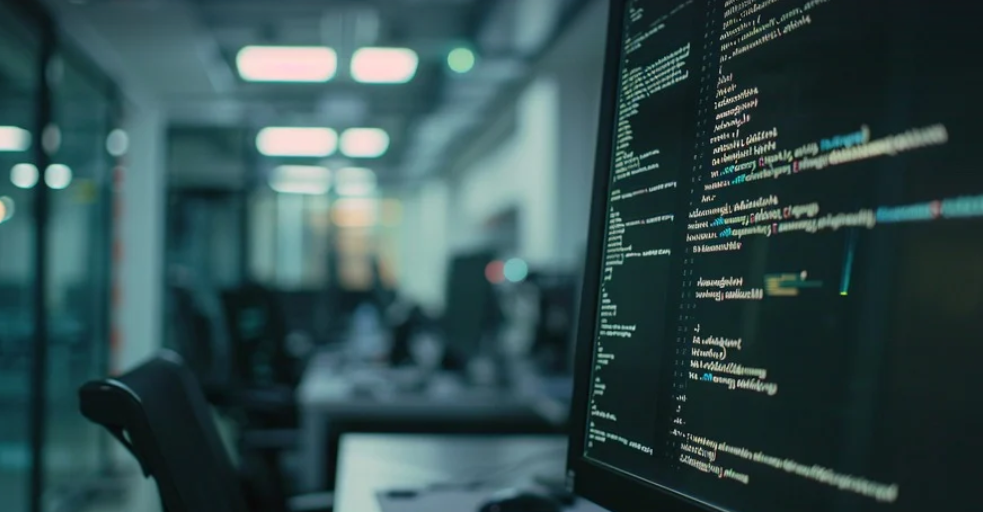The Unseen Chore: Why Recycling Matters
We’ve all heard it before, “Reduce, Reuse, Recycle!” It’s a mantra ingrained in our minds since childhood. But let’s be honest; sometimes, the reality of recycling can feel like navigating a maze with no map to guide us. It seems like every city has its individual rules and quirks, leaving some of us feeling lost in a sea of confusion.
The truth is, understanding how our waste actually impacts the environment is more important than ever before. Recycling goes beyond just throwing things into designated bins—it’s about making conscious choices to lessen our impact on the planet. This means separating materials like paper and cardboard from plastic and glass, and ensuring that everything we recycle actually gets processed and reused.
What’s in Your Bin? Demystifying the Recycling Rules
Let’s be real, sorting through different-colored bins can feel a little overwhelming. Luckily, there are simple guidelines to help you stay on track. First, let’s talk about paper and cardboard— these usually go into dedicated recycling bins marked with a number one, or simply “paper.” They can be anything from newspapers and magazines to printer paper and cereal boxes.
Then, we have the all-important plastics! These are often sorted into different categories, with numbers like 1 through 7 denoting specific types of plastic. Remember, these numbers correspond to various polymers found in everyday products. Always check your local guidelines for specifics on which plastics are accepted.
Glass, however, requires a bit more care. Unlike paper and plastic, glass often needs to be rinsed before recycling. This ensures that the waste is clean and helps prevent contamination of other materials during sorting.
Beyond the Bin: Recycling in Action
So, you’ve got your recycling bins sorted out… but what happens next? The magic of recycling starts with collection! It takes a team effort from local government employees, waste management companies, and dedicated volunteers to ensure that our recyclables reach the processing plants.
These facilities are equipped to sort, clean, and process recyclable materials into reusable items. Think about your old newspapers becoming newsprint or those discarded plastic bottles finding their way back into brand-new packaging! This entire system of recycling is a testament to human ingenuity and our commitment to sustainability.
Local Recycling Programs: A Treasure Map for Your Community
Each city, state, and even county has its own set of rules and regulations regarding the type of materials accepted for recycling. Some locations might offer specific programs like “e-waste” pickup or special collection days for bulky items. It’s best to check with your local government website to find out exactly what you can recycle in your area.
These resources often include detailed guides and lists of acceptable materials. Many regions also provide dedicated information about composting programs. Composting is a fantastic way to transform your food scraps into valuable soil, minimizing waste and contributing to a healthier environment.
The Impact Goes Beyond the Bin: Why You Matter!
Recycling isn’t just about keeping our planet cleaner; it’s about promoting sustainable practices that benefit individuals, communities, and even entire countries. We all have a role to play in this global effort, and by embracing conscious choices like recycling, we’re ensuring a brighter future for generations to come.
As the world grapples with environmental challenges such as climate change and resource depletion, recycling becomes an essential tool for combating these issues. By reducing our reliance on virgin materials and repurposing waste into valuable resources, we contribute to a more sustainable future.
The ripple effect of our actions extends beyond our immediate surroundings. Recycling contributes to a healthier planet, fosters innovation in material science, and inspires new technologies that can help us tackle global challenges.
A Final Thought: Start Small, Make a Difference
Recycling might seem like an overwhelming task, but remember that every small step counts. If you start by focusing on just a few items per week, you’ll soon build positive momentum. You can even challenge your family and friends to participate in this eco-warrior initiative. Together, we can create a ripple effect of change that will inspire others to join the recycling movement!
